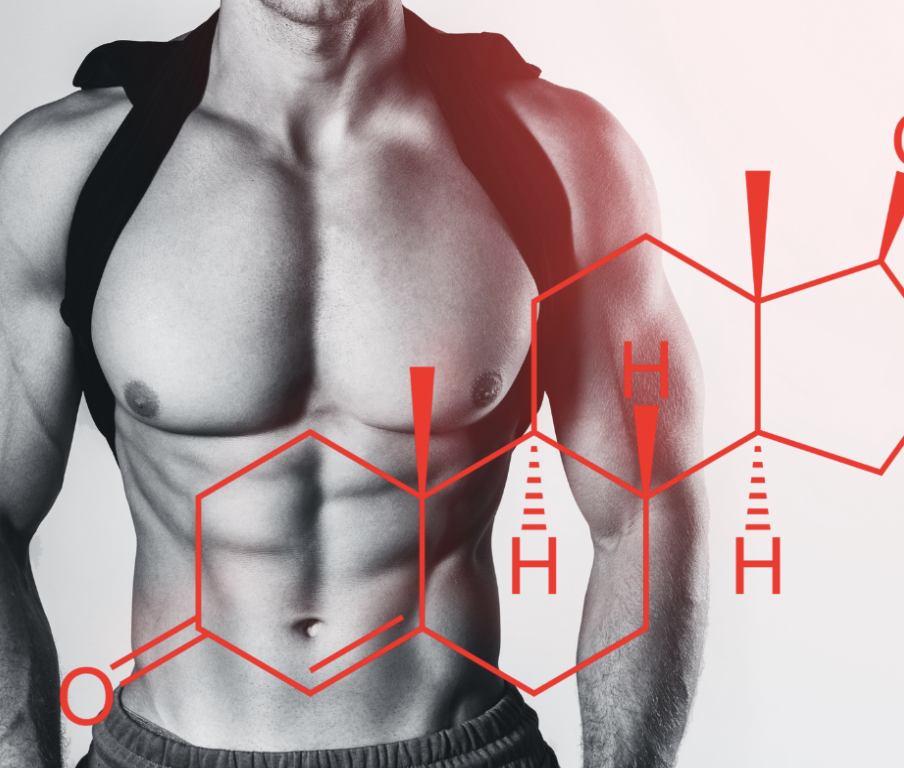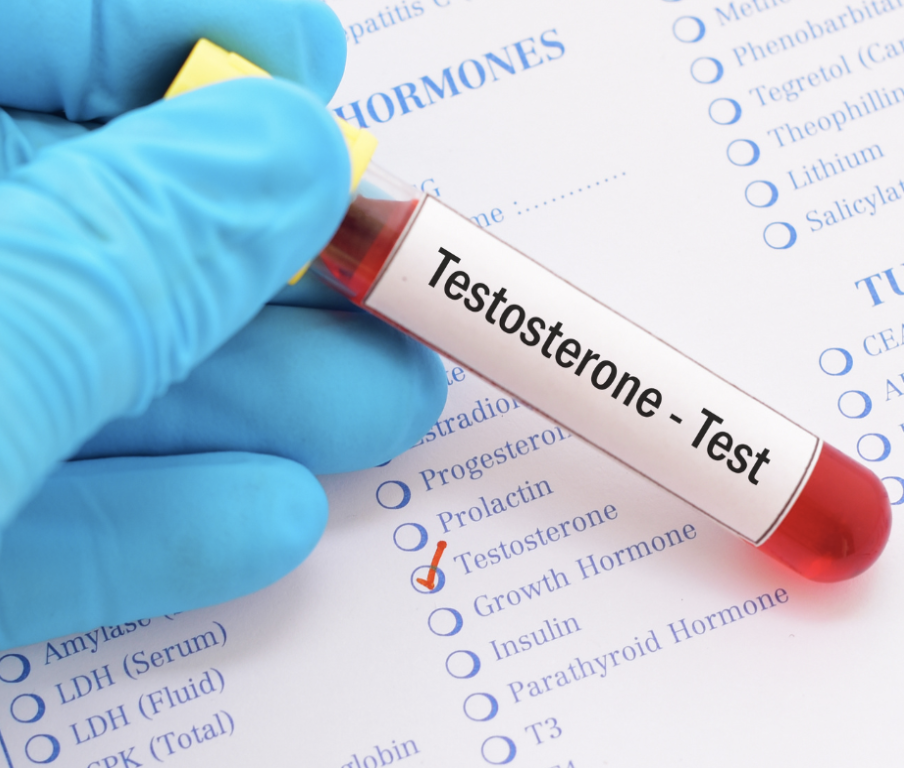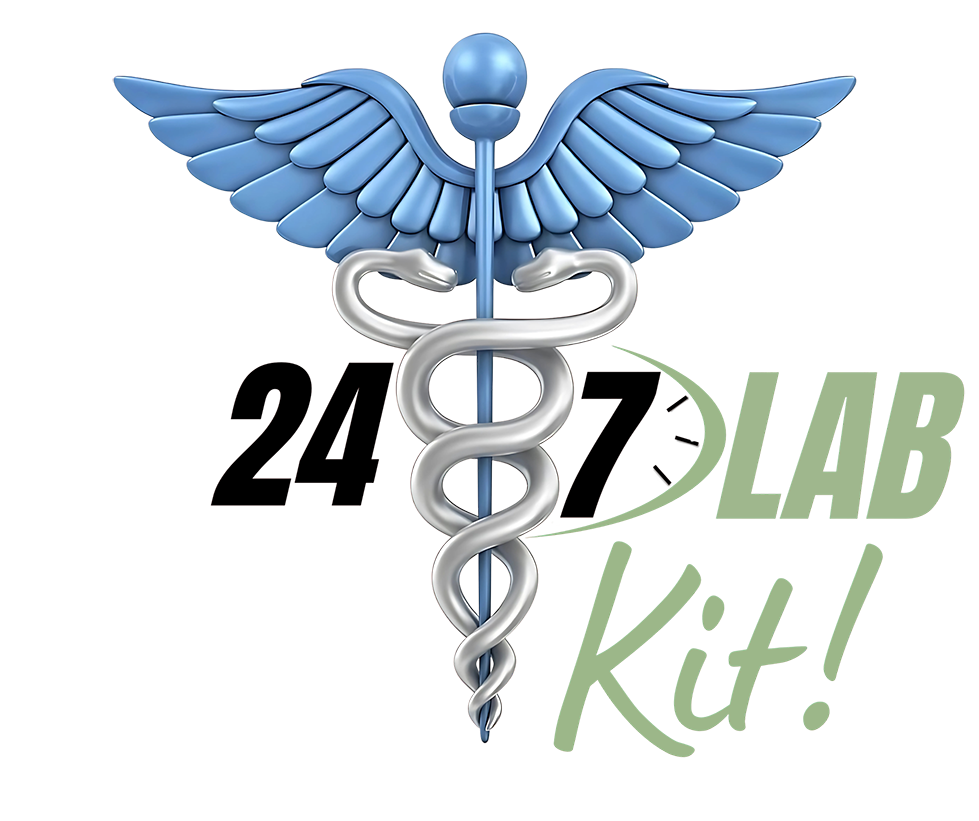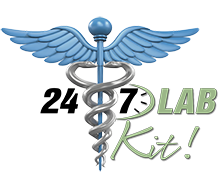How Testosterone Influences Physical and Mental Performance
Testosterone is the primary male hormone responsible for the development of male physical characteristics such as muscle growth, deepening of the voice, and facial hair. However, testosterone plays a more vital role than just that. It also influences mental and physical performance. In this blog, we will explore the connections between testosterone production and both physical and mental performance. We will understand how testosterone levels impact the body and the mind and what measures can be taken to maintain optimal levels of testosterone.

The Connection Between Testosterone and Physical Performance
Testosterone is essential in building and maintaining muscle mass. Men with low testosterone can experience difficulty developing muscle mass and strength. When men receive testosterone therapy, they experience a significant increase in lean muscle mass and strength. Testosterone has also been shown to reduce body fat and boost energy levels. Additionally, it leads to an increase in bone density, making it less likely to suffer from osteoporosis, a condition where bones become fragile and brittle.
The Connection Between Testosterone and Mental Performance
Testosterone is also a crucial element for mental health and well-being. Research shows that low testosterone levels in men lead to mood swings, depression, anxiety, and cognitive impairment. When testosterone levels are optimal, it helps improve focus, boost cognitive function, and overall mental well-being. Men with healthy testosterone levels are less likely to suffer from age-related cognitive decline.

The Connection Between Testosterone and Sexual Health
Testosterone is a crucial hormone that influences men’s sexual health. Testosterone plays a vital role in sperm production and libido. As men age, testosterone levels start to decline, leading to decreased sex drive and libido. However, testosterone replacement therapy can help improve libido and erectile dysfunction. Optimal testosterone levels may also improve sperm count and overall fertility.
What factors affect testosterone levels? Testosterone levels tend to decline with age. Excessive alcohol consumption, inactivity, and obesity can lower testosterone levels. On the other hand, regular exercise, a healthy diet, and stress reduction can help to preserve healthy testosterone levels. Certain medications, including opioids and steroids, can also decrease testosterone levels.

Testosterone is essential for both physical and mental health, and by incorporating activities that promote natural testosterone production into your lifestyle, you can reach a healthy balance for improved body composition, bone density, energy levels, and cognitive performance. Going to the gym, eating right and cutting down on stress are all great ways to maintain healthy testosterone levels naturally.
But if you’re still uncertain about whether your testosterone levels are optimal for your age and lifestyle, a quick trip to the doctor or the convenient 247Labkit Testosterone At-Home Testing Kit can give you peace of mind that you’re taking preventive measures for a healthier life. With proper care and awareness of how different things in our lives can affect our hormone level stability, we can live life with optimal wellness through understanding testosterone’s integral role in our well-being.







Comments are closed